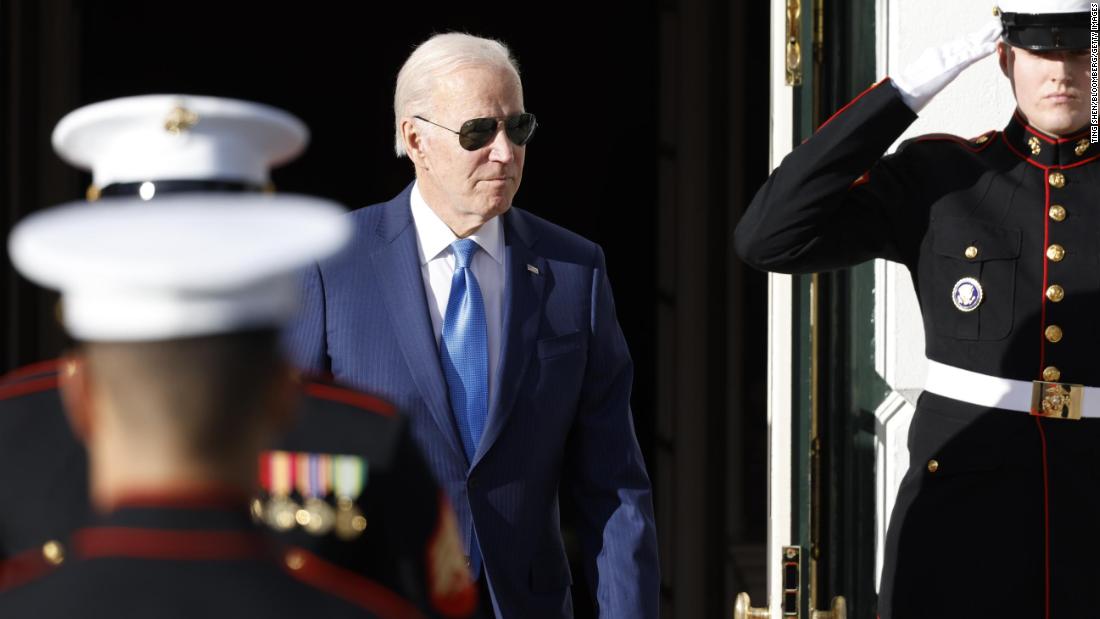Despite Federal Clampdown, Private Prisons Reap Profits
Ongoing three-way agreements between the federal government, cities and counties, and private prisons allow federal dollars to continue flowing to private prison operators.

Prison operators are striking deals with municipalities to replace expiring federal contracts, cushioning the financial blow from the Biden administration’s efforts to disentangle the U.S. government from privately run detention facilities, reports the Wall Street Journal. Since President Biden ordered the Justice Department not to renew any expiring contracts with privately operated jails and prisons, CoreCivic and GEO Group, the prison industry’s two major publicly traded companies, are plugging some of the revenue gaps created by the expiration of federal contracts by signing new deals known as intergovernmental agreements involving cities and counties.
These three-way agreements allow the federal government to hand off custody of prisoners serving time for federal crimes or awaiting sentencing from a federal judge to localities. City and county law enforcement then transfer those inmates to private detention facilities they have contracted with. The multiparty contracts allow the federal government to avoid a direct relationship with the private prisons, as required by January’s executive order, according to financial analysts and researchers covering the industry. But federal dollars continue to flow to prison operators, albeit indirectly. An alternative to intergovernmental agreements is unlikely to emerge if the federal government doesn’t commit to increasing state-run prison capacity or reducing its overall inmate population.

 Landwebs
Landwebs 





















